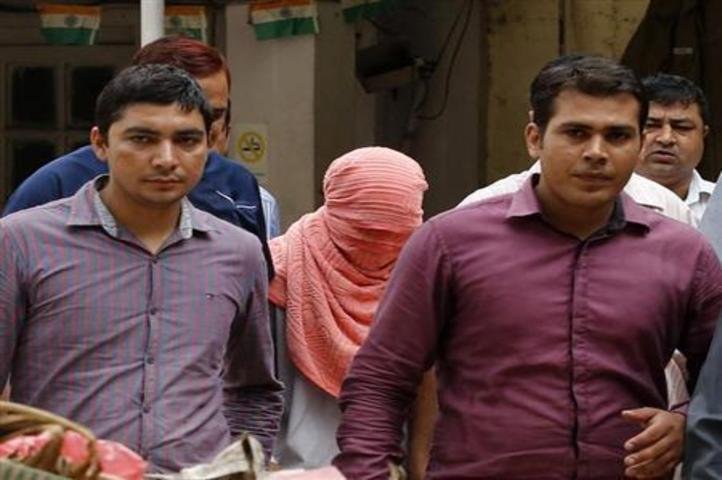The recent amendments in the Juvenile Justice Act got mixed reactions, as many among the masses lauded the step in the light of the Nirbhaya case and appeals by Jyoti’s parents, there were several who chose to question the consequences and wider effect of the changes.
If juveniles in conflict with the law are seen as separate from the minor in Nirbhaya case, there are hundreds lodged in observations homes for various charges, which include robbery, while those juveniles held for rape stand at close to 11% among the minor inmates.

Mentioned below are some observations from a survey conducted as a collaboration between Delhi Commission for Protection of Child Rights (DCPCR) and NGO Butterflies on 182 minors in observation homes, meant to study factors behind criminal activities, published in The Times Of India.
1. A well known reason for crime is lack of education, and the study shows that 30% of the offenders never went to school, 29% reached primary school and 24% never moved beyond upper primary.
2. The study found that around 57% of minors convicted are held for theft and dacoity, while murder convicts stood at 21.9%. But accused rapists among these were 11.5%, as the study suggets that, “of the 21 rape cases reported 11 were either consensual sex or false accusations by the parents of the girls who did not consent to their relationship.”
3. While 58% were involved in crimes committed by groups among which 90% were groups of friends, 70% of the offenders were not aware of the results of their actions.
4. The study also points out that those who break the law at a very young age are more likely to grow up as hardened criminals, than those who start late. It says 90% of those held started late, and are more likely to be reformed.
5. Poverty and a lack of effective parenting also takes a toll, as 62.1% of the children were working when arrested, over 50% did not have a house and lived in poor neighbourhoods.
6. Meanwhile 14.2% did not have parents, 23% either had one parent or step parents, witnessing one of their parents mistreating and abusing the other.
The study said, All this does not mean that children/adolescents who are involved in offences or deviances should not be held accountable for what they have done. But the means for ensuring such accountability should be grounded in child and adolescent psychology, the human rights of children and a deeper understanding of the circumstances that led to such behaviour.”